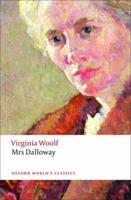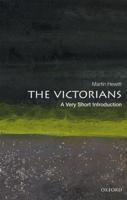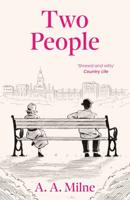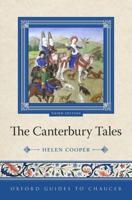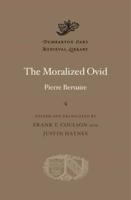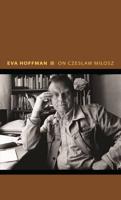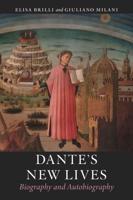Publisher's Synopsis
While offering a new interpretation of Sir Philip Sidney's elegant and influential treatise, Apologie for Poetrie (c. 1582), Michael Mack also makes a case for a new understanding of the historical process by which human beings were first thought to be endowed with the power to create -- in Sidney's day a power still reserved for God alone. Showing that secularist accounts of modernity cannot explain the development of Sidney's idea of creativity, Mack offers a version of the birth of modernity in which sacred and secular values are not necessarily opposed. Unlike previous accounts, his accommodates what are now recognised to be the continuities between medieval and Renaissance culture, between the Renaissance and Romanticism, and between theological speculation and literary theory.

